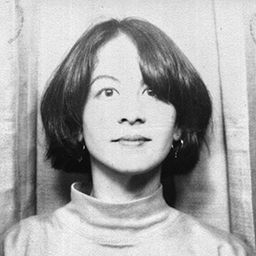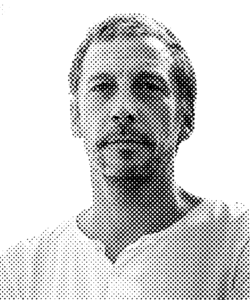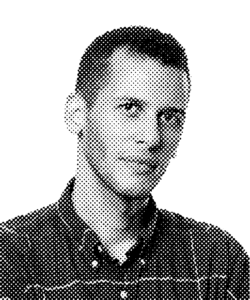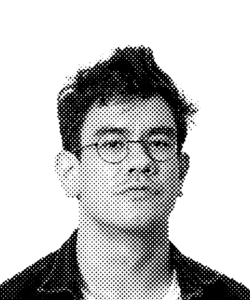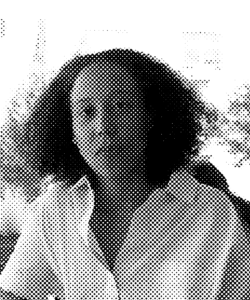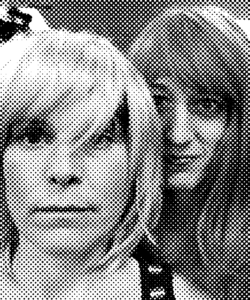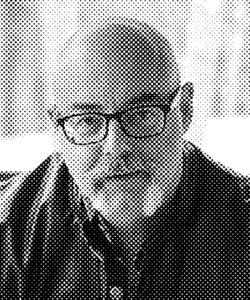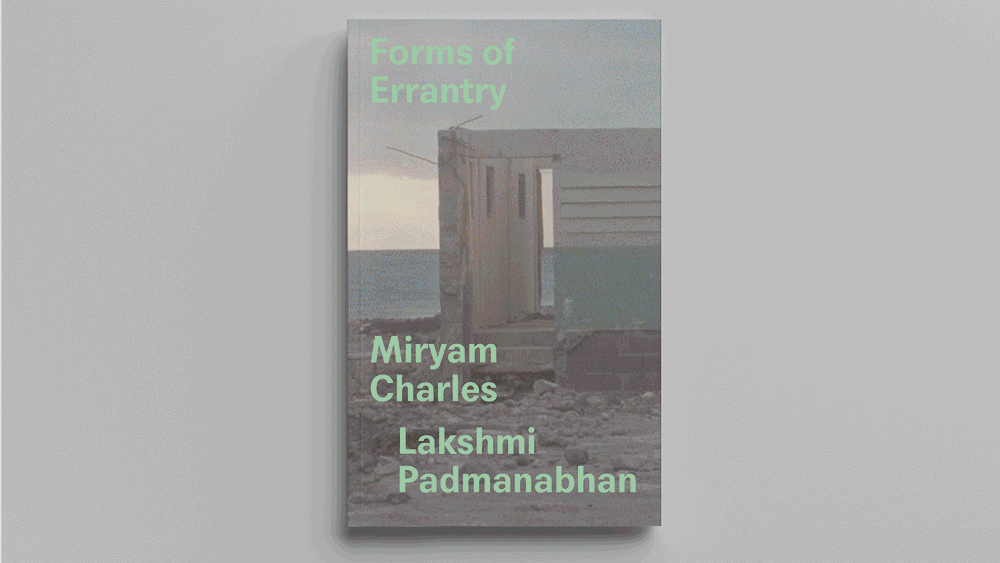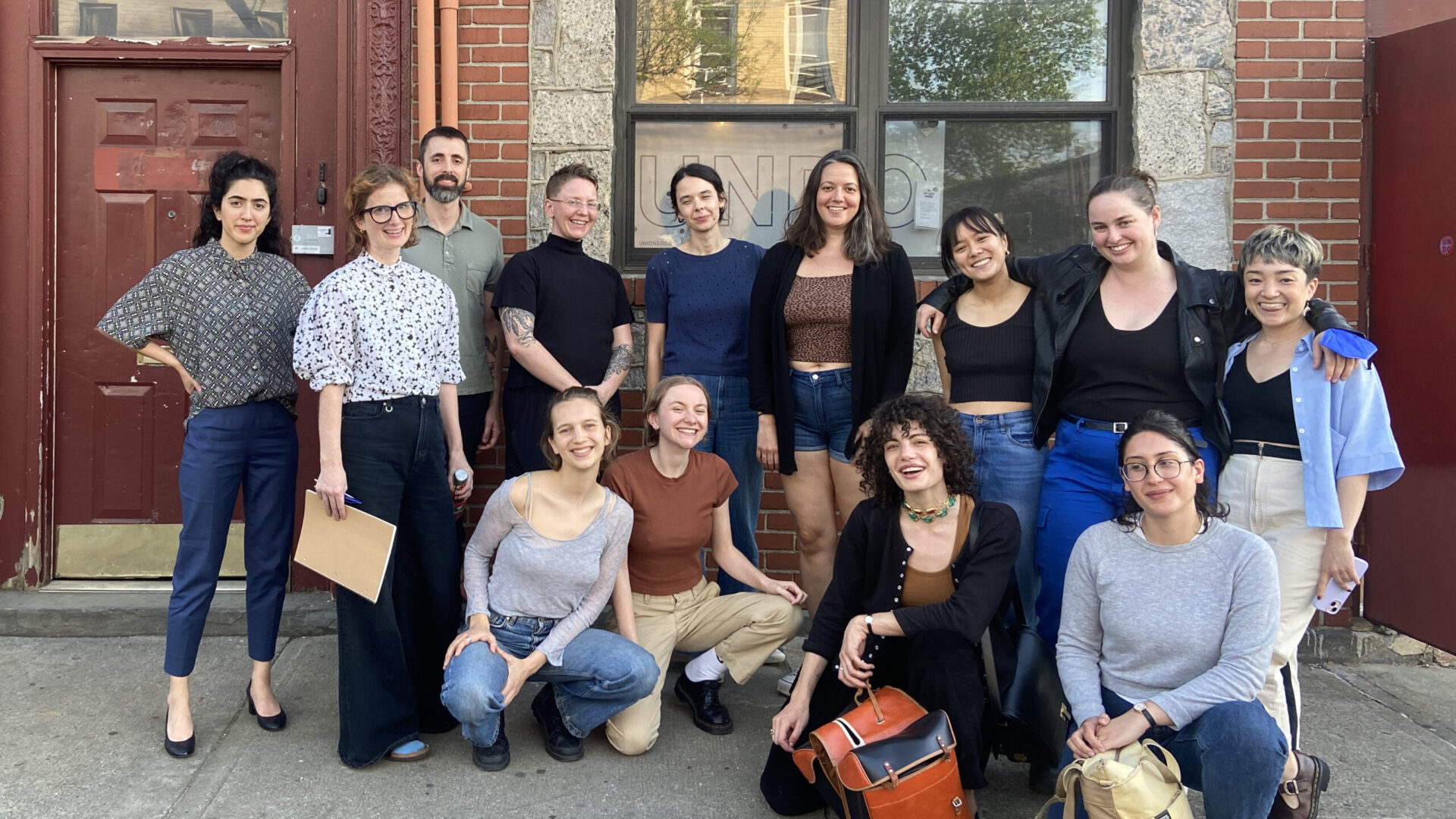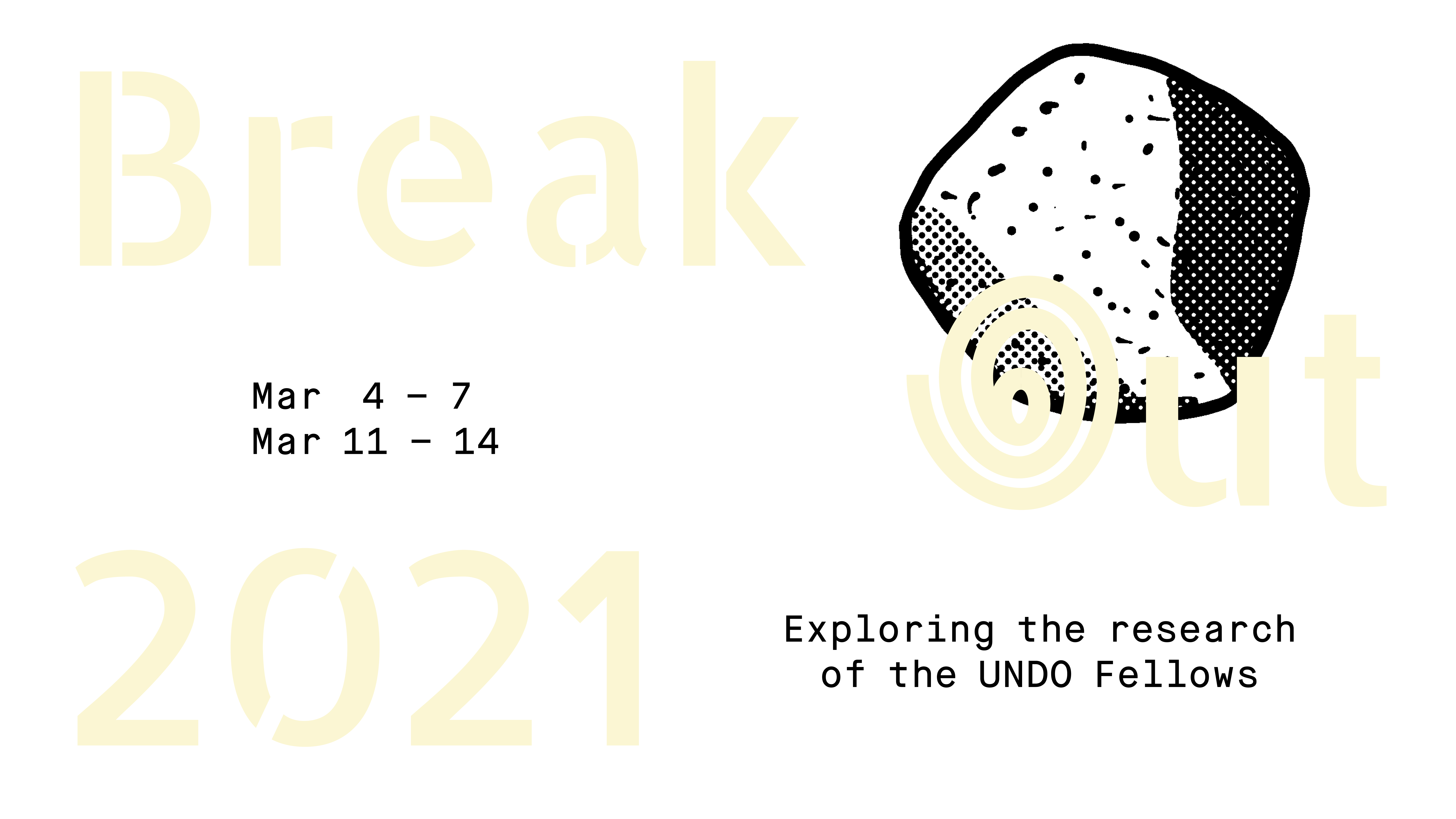
Break what?
Break ꩜ut is a symposium (of sorts) that celebrates the research, writing and filmmaking initiated during THE UNDO FELLOWSHIP. Four ambitious research topics will be explored through a set of online screenings, study groups, and public dialogues. We are excited to share the ideas resulting from the inaugural year of this endeavor and eager to hear your questions, thoughts and feedback.
Five artists — all extremely different in their curiosities, aesthetics, methods, and personalities, but more or less aligned in their efforts to break out of the patterns and preconceptions that dominate the documentary form — paired up with four intellectually adventurous writers. Together they proposed a research topic inspired by the artist’s practice. Having stewed on these thorny questions in regular dialogue with the whole group of brilliant fellows, their drafts now seek readers.
So, Break ꩜ut with us! Choose a single thread of inquiry, or weave connections between them all. Tune into the stream to watch and listen in, or sign up for an UNDO STUDY GROUP to get the reader and join a rigorous and creative discussion.
Featuring the Work & Ideas of the 2020 UNDO Fellows
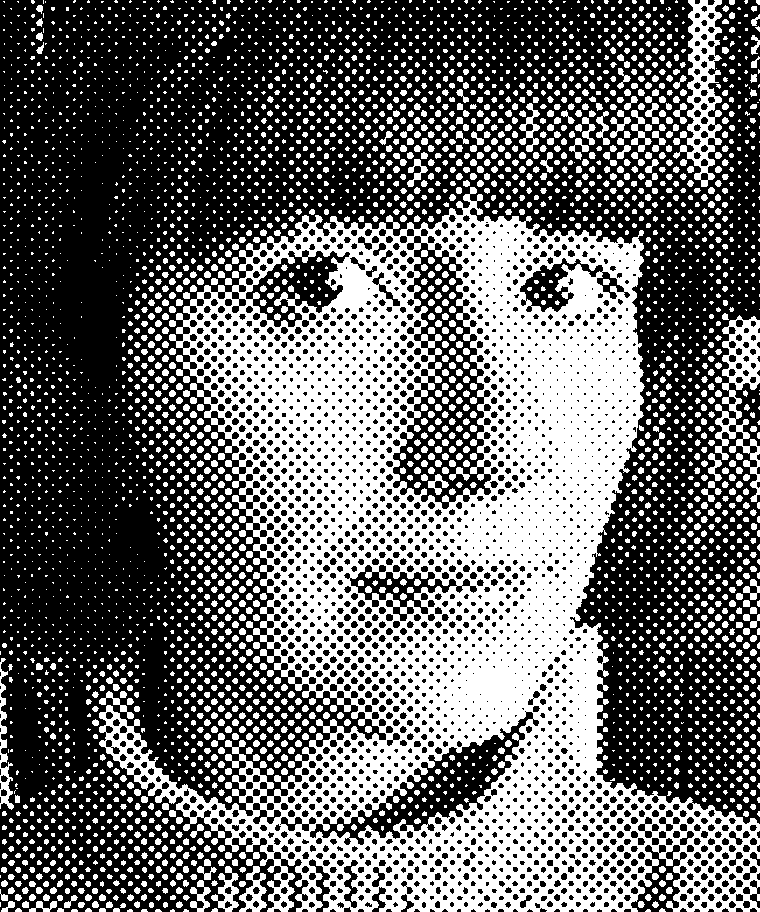
Erika Balsom
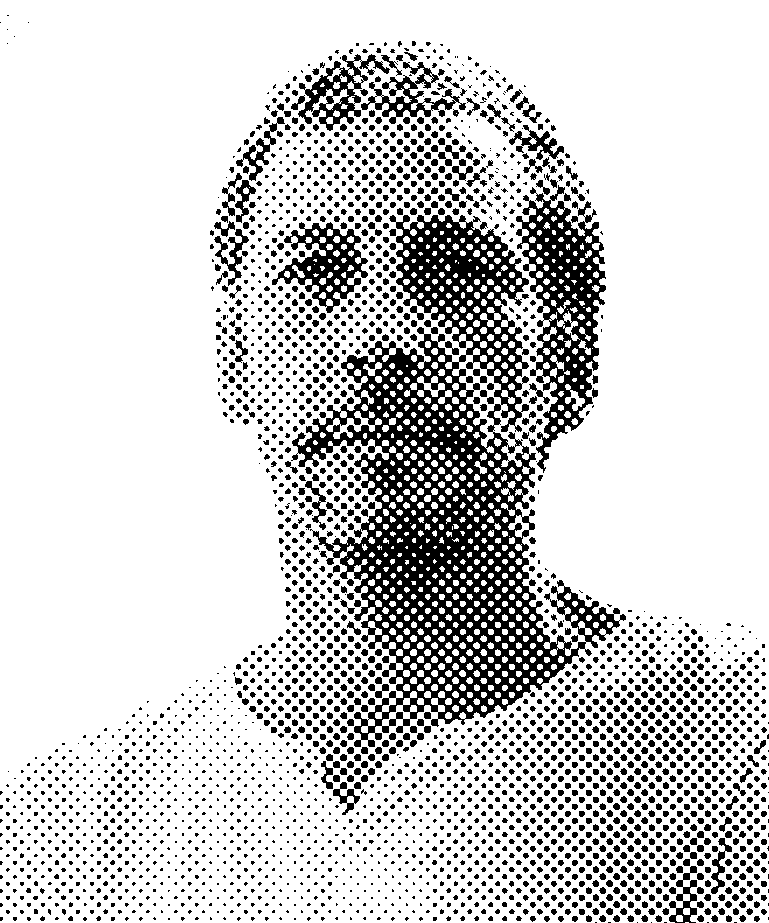
Eric Baudelaire
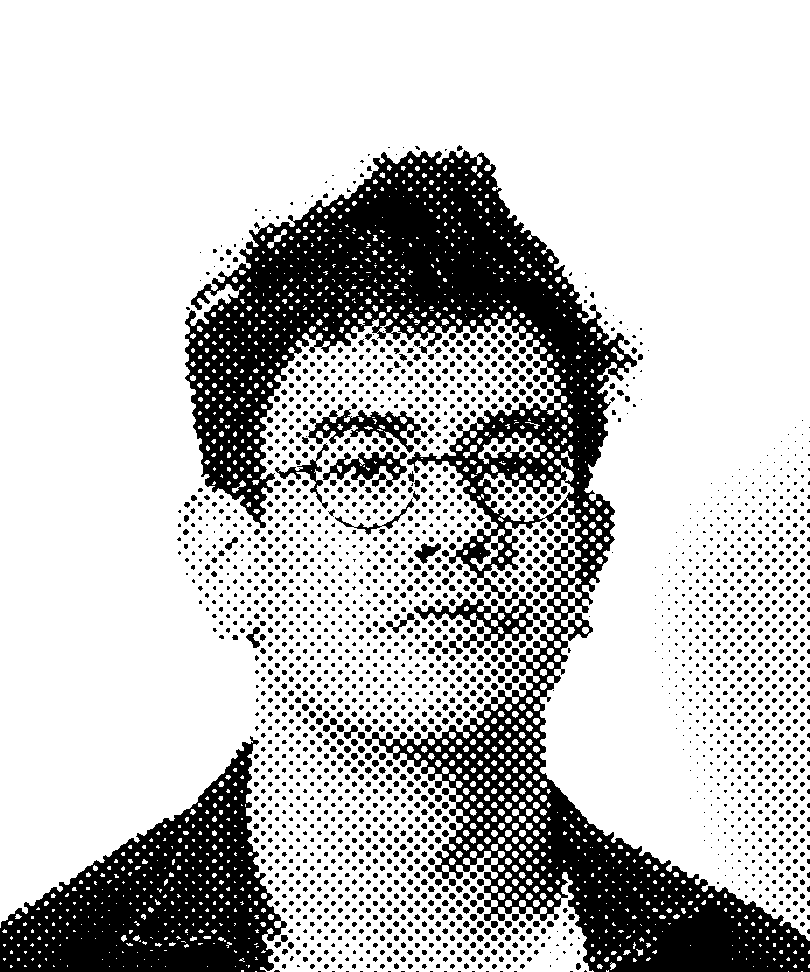
Matthew Shen Goodman
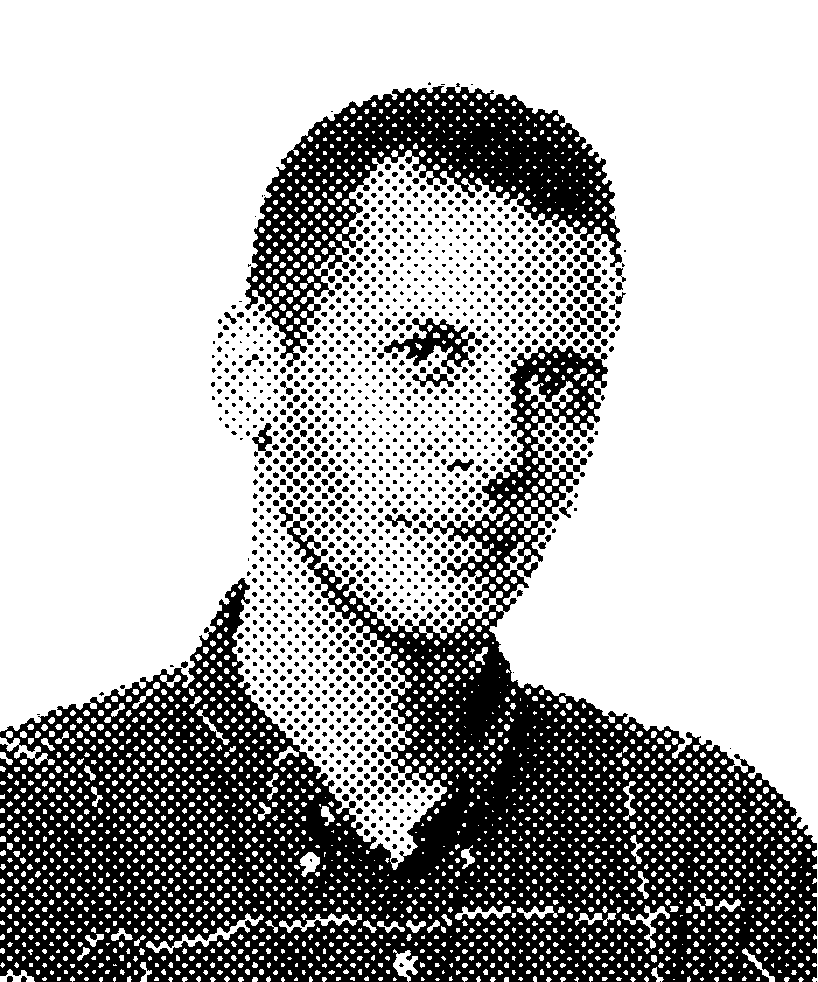
James N. Kienitz Wilkins
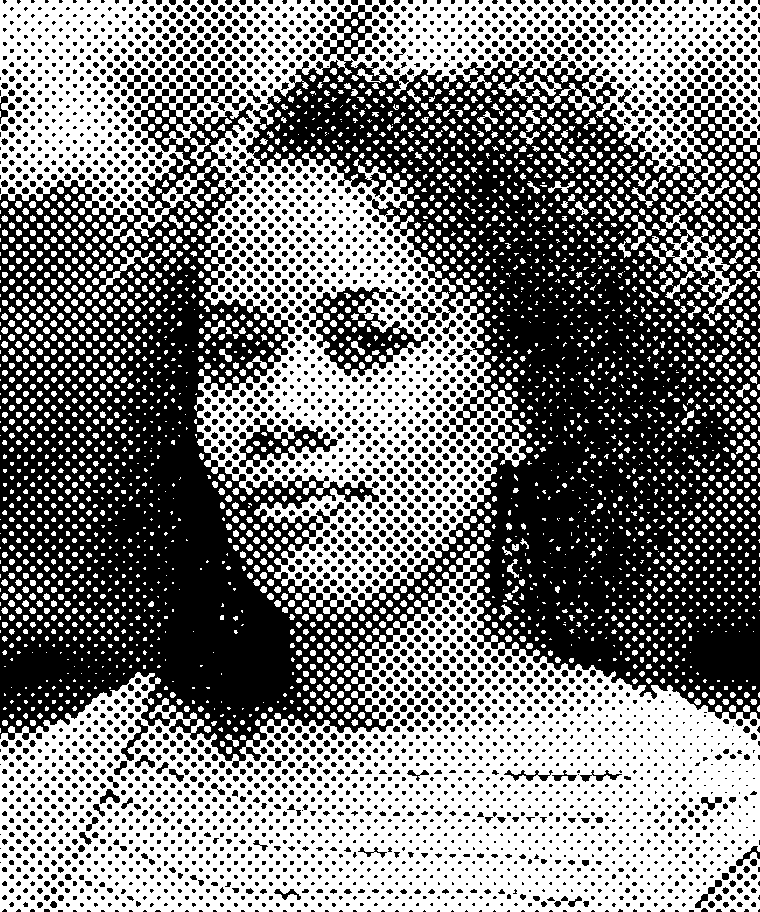
Nzingha Kendall
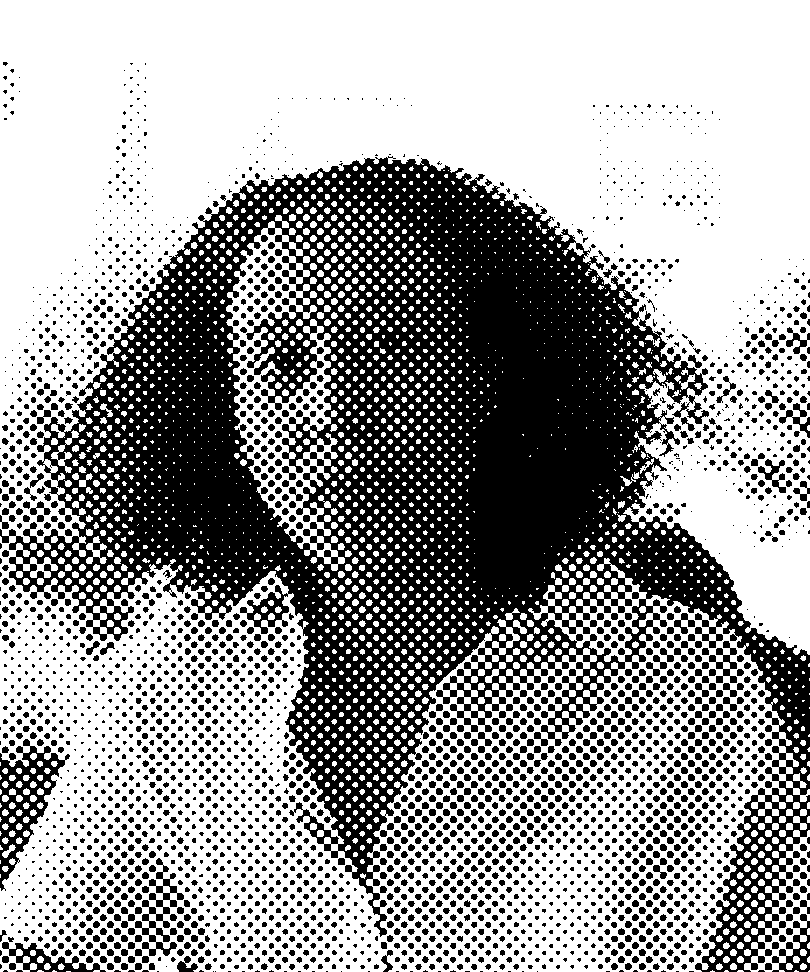
Madeleine Hunt-Ehrlich
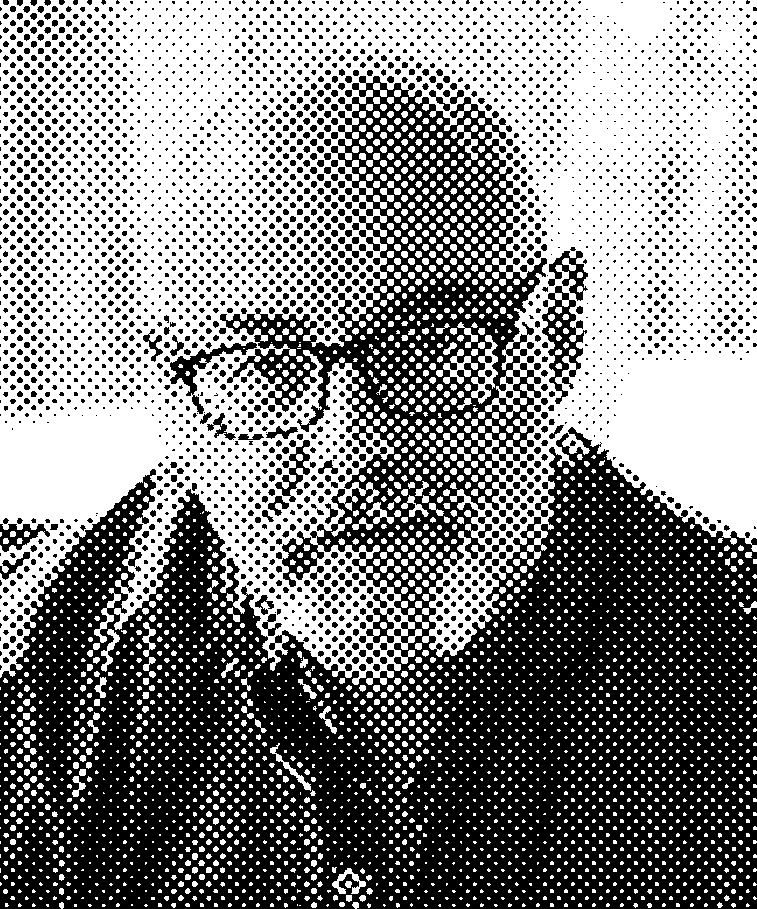
Steve Reinke
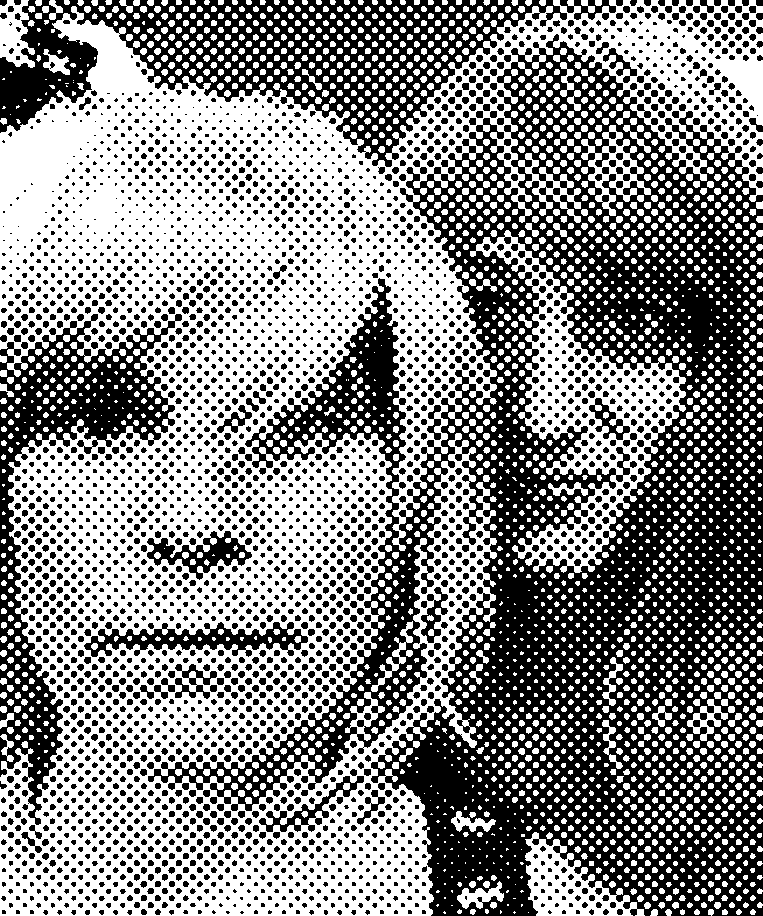
Dani & Sheilah ReStack
4 ambitious research questions.
2 ways to join.
Languages of Liberation
Scholar Erika Balsom and filmmaker Eric Baudelaire propose to explore how the revolutionary languages of the 1960s and 1970s – languages of documentary filmmaking, artistic expression and political action alike – resonate today. How have the energies of this moment persisted and mutated? How can they provide a resource for thinking through the urgencies of the present, for the future? In a moment when hope for political transformation feels increasingly necessary, what forms and acts can best respond to the need to re-imagine reality?
Thursday, Mar 4 – 6:00pm – Film Program
Saturday, Mar 6 – 11:00am – Study Group
Sunday, Mar 7 – 11:00am – Dialogue
Eric Baudelaire Film Program
Also Known As Jihadi, 2017
99 mins
Also Known As Jihadi follows the progress of a young man’s journey from France to Syria, and back to France where he is incarcerated for allegedly joining Daesh. Based on real events, and drawn from thousands of pages of judicial documents, the cinematic work employs the so-called landscape theory (fukeiron in Japanese). The theory originated in the film AKA Serial Killer (1969) that is codirected by Masao Adachi, who was the subject of an earlier film work of mine: The Anabasis of May and Fusako Shigenobu, Masao Adachi, and 27 Years without Images (2011). In Also Known As Jihadithis most recent film, the character’s paths to radicalism are rendered purely through a series of landscape shots filmed at the locations traversed by the subject: a biography determined not by what the subject did, but by what the subject saw, and one that questions how these landscapes reflect the social and political structures that are the backdrop for a journey of alienation and return. This new film builds on a link between some of my previous work and the events that are occurring with increasing frequency in many parts of the world. I started thinking about this film more than a year ago, before the events in Paris of November 13, 2015 and before those at the Charlie Hebdo offices in Paris in January 2015. From this vantage point, I wanted to make a film that affirms the position of trying (not) to understand. Or, in the words of Pierre Zaoui, to make a film that “aims to understand and not to understand at the same time—to understand up to the point that one no longer understands—and also to show, refusing to understand or explain, so that with a dreadful feeling of confusion we are surprised to find ourselves understanding, discovering a subtle sympathy, telling ourselves that maybe monstrosity is our shared condition.”
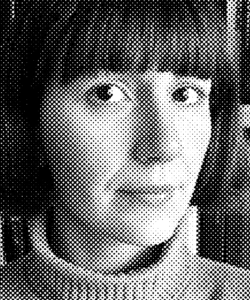
Erika Balsom is senior lecturer in Film Studies at King’s College London. She is the author of ‘After Uniqueness: A History of Film and Video Art in Circulation’ and ‘Exhibiting Cinema in Contemporary Art’, as well as the co-editor of ‘Documentary Across Disciplines’. She contributes to magazines such as Artforum and Frieze, and has published in scholarly journals including Cinema Journal and Grey Room. In 2018, she was awarded a Leverhulme Prize and the Kovacs essay award from SCMS.
Eric Baudelaire (1973, Salt Lake City) lives and works in Paris, France. After training as a social scientist, Baudelaire established himself as a visual artist often focused on social and historical research. Since 2010, he has devoted himself more seriously to filmmaking. His feature films include Also Known As Jihadi (2017), Letters to Max (2014), The Ugly One (2013) and The Anabasis of May and Fusako Shigenobu, Masao Adachi and 27 Years Without Images (2011).
Shape Shifts
Writer and editor Matthew Shen Goodman and filmmaker James N. Kienitz Wilkins ask what is the value of appropriation today? While the term has become shorthand for a singular kind of cultural misappropriation, creative adoption in film, art and writing has also been a radical gesture of critique and a means of drawing attention to conditions of production. By tracing a genealogy inside and outside of film and rethinking the potential of such acts, they hope to develop a discourse around appropriation that would enliven it as a tool for artists, activists, and anyone else considering the politics of claiming something as one’s own.
Friday, Mar 5 – 6:00pm – Film Program
Saturday Mar 6 – 2:30pm – Study Group
Sunday, Mar 7 – 2:30pm – Research Dialogue
The Films of James N. Kienitz Wilkins
This Action Lies, 2018
32 minutes
It is what it is.
The Plagiarists, 2019
76 minutes
During a series of country vacations, a young couple is shaken by a seemingly fraudulent yet unprovable act that strikes to the core of their cultural pretensions.
Best Year Ever, 2020
14 minutes
In the children’s book Best Busy Year Ever by Richard Scarry, the hustle and bustle of a city is captured through colorful illustrations. Using his performative storytelling narration, Wilkins questions contemporary social issues with understated ironic wit. super 16mm transferred to digital.
James N. Kienitz Wilkins is a filmmaker and artist based in Brooklyn. His work has premiered at international film festivals including Berlin, TIFF, Locarno, Rotterdam, NYFF, CPH:DOX, BAMcinemaFest, New Directors/New Films, and beyond. In 2017, he was included in the Whitney Biennial and a retrospective of his work was showcased at RIDM (Montréal). He has had solo exhibitions at Gasworks (London), Spike Island (Bristol, UK) and currently, Kunsthalle Winterthur (Switzerland).
Matthew Shen Goodman is a writer and a senior editor at Triple Canopy.
Archive Repair
Film scholar and programmer Nzingha Kendall and filmmaker Madeleine Hunt-Ehrlich propose to explore alternative narrative-making grounded in radical black intellectual production, responding to what Saidiya Hartman refers to as “silence in the archive.” They ask how can black storytellers work in the realm of reality when traditional records of reality historically rendered black subjecthood invisible? How might the transparency imposed on minoritized subjects be resisted by employing gaps and fragments to achieve strategic opacity? By interrogating film form and genre, they seek to extend possibilities for moving images to resuscitate embodied, spiritual, and coded understandings of black experiences.
Thursday, Mar 11 – 6:00pm – Film Program
Saturday Mar 13 – 11:00am – Study Group
Sunday, Mar 14 – 11:00am – Dialogue
The Films of Madeleine Hunt-Ehrlich
Outfox the Grave, 2020
5 mins
A short film and a spell of protection.
A Quality of Light, 2018
8 mins
A Quality of Light reaches into the filmmaker’s familial lineage of black women artists. This film examines the under-told story of the haunted artist who also inhabits the unique political position of being black and a woman. The film applies principles of music theory and West African performance structure in their construction.
Footnote to the West, 2020
5 mins
“Footnote to the West” is a dreamy fragment about the end of the world. A black girl wanders into a Hollywood western and mourns for the dead.
Spit on the Broom, 2019
12 mins
A surrealist documentary that explores the margins of the history of the African American women’s group the United Order of Tents, a clandestine organization of black women organized in the 1840s during the height of the Underground Railroad. The film uses excerpts from the public record, newspaper articles related to the Tents from over the course of 100 years, and a visual tapestry of fable and myth as a way to introduce a history that remains secret.
Madeleine Hunt-Ehrlich makes work about the private lives and worlds of black women. Her practice is rooted in archival research and field research, which then gets translated through a writing process, and then finally a filmmaking process that includes narrative, documentary and experimental film techniques. This means working closely with archives that until recently did not preserve or respect black voices and thinking about how to represent histories that have been neglected.
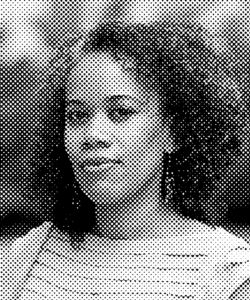
Nzingha Kendall is a film scholar and programmer. Her work focuses on moving images by black women from across the diaspora. She has a PhD in American Studies and is currently a postdoctoral fellow at the Carter G. Woodson Institute for African American and African Studies at the University of Virginia.
Embodied Existence
Essayist and artist Steve Reinke will join collaborative artists Dani and Sheilah ReStack to think through a queered phenomenological discourse of documentary practice that asks what an artist does with the world? Building from Restack’s “feral domesticity,” Reinke expands into an exploration of how “feral subjectivity” — a hybridized approach to filmmaking, one that mode-shifts between approaches — opens up a new set of possibilities for representing the endlessly complex plenitude of being in the world, and reinscribes that representation with the physical, sensual processes of an embodied existence.
Friday, Mar 12 – 6:00pm – Screening
Saturday Mar 13 – 2:30pm – Study Group
Sunday, Mar 14 – 2:30pm – Research Dialogue
The Films of Dani and Sheilah ReStack
Strangely Ordinary This Devotion, 2017
25 mins
Strangely Ordinary This Devotion is a visceral exploration of feral domesticity, queer desire, and fantasy in a world under the threat of climate change. Utilizing and exploding archetypes, the film offers a radical approach to collaboration and the conception of family.
A Hand In Two Ways (Fisted), 2017
7 mins
A Hand in Two Ways (Fisted), is a looping meditation on night as space of mysterious energetic transmissions. Animals, human bodies, children, ritual and performance are investigated as zones of conflict, desire and a visceral movement that is more felt than seen.
Come Coyote, 2018
8 mins
Come Coyote continues the investigation of environment, queer desire, motherhood, and collaboration. This 8-minute video brings together moments culled from our own life and fabricated scenes. One of the central themes in this chapter is the idea of reproduction and its implications — the reality/fantasy of both logistics and technology of queer reproduction, and the variations of our individual commitment.
Go Ask Joan, 2019
6.5 mins
Go Ask Joan is an experimental narrative that considers human and animal melding using magic accessed through elders. Go Ask Joan uses the medium of video as site of communication between collaborators, therapists and animals. Technology becomes a place to imagine resolution — through birthing of new ideas of family and kin.
Future From Inside, 2020
19 mins
A work in progress, the latest from the ReStacks.
Dani and Sheilah ReStack have embarked on an artistic relationship that is formally and emotionally adjacent to their domestic lives, a quotidian zone they share with their young daughter Rose. Both artists have established careers on their own. Neither Dani’ video work or Sheilah’s multimedia performance and installation work could exactly prepare us for the force of the women’s collaborative efforts. – Michael Sicinski, Cinema Scope, 2017. ReStack collaborations have shown at the 2017 Whitney Biennial, Iceberg Projects Chicago, Toronto International Film Festival, Images Film Festival, Toronto, Lyric Theater, Carrizozo, NM, Leslie Lohman Project Space, Gaa Wellfleet, New York Film Festival and The Columbus Museum of Art, Ohio. They have received grants from the Canada Council for the Arts, Ohio Arts Council and Visual Studies Workshop, NY. They have been residents at The Headlands in Marin County and their newest video Go Ask Joan was made at the MacDowell Colony this summer.
Steve Reinke is an artist and writer best known for his monologue-based video essays. He is the author of two books, co-edited four anthologies, and written dozens of essays, mostly on artists’ film. He is a professor of Art Theory and Practice at Northwestern. His work is represented by Galerie Isabella Bortolozzi, Berlin.
Week 1
Thursday, Mar 4
6:00pm
Film Program – Languages of Liberation
Friday, Mar 5
6:00pm
Film Program – Shape Shifts
Saturday, Mar 6
11:00am
Study Group* – Languages of Liberation
Saturday, Mar 6
2:30pm
Study Group* – Shape Shifts
Sunday, Mar 7
11:00am
Dialogue – Languages of Liberation
Sunday, Mar 7
2:30pm
Dialogue – Shape Shifts
Week 2
Thursday, Mar 11
6:00pm
Film Program – Archive Repair
Friday, Mar 12
6:00pm
Film Program – Embodied Existence
Saturday, Mar 13
11:00am
Study Group* – Archive Repair
Saturday, Mar 13
2:30pm
Study Group* – Embodied Existence
Sunday, Mar 14
11:00am
Dialogue – Archive Repair
Sunday, Mar 14
2:30pm
Dialogue – Embodied Existence
How do I attend?
Everything is online and pay-what-you-wish. Each topic includes a Film Program, a Study Group, and a Dialogue between the artist and writer pair. Register to get reminders to watch the livestream, or fill out a simple application to join the study group.
How do I stream?
Film Programs and Dialogues will be streamed live on our Twitch feed. Times listed are UTC–5. If you register in advance, you’ll get an email with a reminder and the links.
Stream live to chat, or watch for 24-hours after the event start time. For additional questions or technical support, contact us.
Where do I register or apply?
Ways to Participate
Watch the Film Programs
Break ꩜ut Film Programs are free and open to the public. Each program is a selection of work from the artist fellow (or artist couple in the case of the ReStacks).
Listen in on the Dialogues.
Each research topic is approached in a conversation between the artist and writer pairs, who will respond to some videos generated in the Study Group. These will happen on Sundays and are 90 minutes long.
The UnDo Study Group
Take a deeper dive into this research. Read a bit, watch a bit, gain access to the writer fellow, and discuss with thoughtful collective. See the details below.
What's The UNDO Study Group?
Curious to engage one or more of these topics deeply with a passionate group of thinkers, practitioners, and enthusiasts? Then you’ll want in on this experience, a mode of studying that we are doing our best to make social, participatory, rigorous and fun.
You’ll get some material to read and a few links to watch in advance. Then, you‘ll get a link to participate in a highly structured conversation led by the writer fellow for that topic. You’ll have the chance to ask questions, discuss your thoughts in smaller groups, and contribute to a collective video essay that will feed your questions, thoughts and ideas back to the fellows as part of their public dialogue the following day. Watch the video to get the idea.
Space is limited for this engagement, so we are offering participation through a very simple online application. If accepted, entry is pay-what-you-wish. Please only apply if you are committed to showing up and being prepared for the conversation.
How to Study?
Read & Watch
We will send all Study Group participants a “reader” that brings together drafts of the writing from this year’s fellows, along with evocative quotes, clippings, and behind-the-scenes discussion excerpts from the course of this research period. It’s something we’ll eventually publish, and you’ll get it first as a kind of print-at-home zine. We will also provide links to watch the films on your own time, plus some additional short videos that we hope will open up a generative dialogue in the Study Group sessions.
Discuss & Respond
In the Saturday session, you will get a chance to hear from the writing fellow from the topic, ask questions, and to develop your thoughts in small groups. Prompts to participate and respond will be a core element of this experience. Together, we’ll compile and publish a small series of short essayistic responses that will capture the Study Group’s learning, ideas, and questions. UnionDocs will edit these videos and feed them back into the public dialogue on Sunday. In this way, your contributions will be integral to the symposium process.
Keep It Going
This is a new experiment we’ve been developing at UnionDocs that we plan to continue with additional films and writers. We imagine it as a kind of grassroots book club, but for documentary art, focused on sharing ideas, urgent issues, and inventive approaches. It’s about sparking powerful discussion and deeper investigation, through reading, listening and responding in small, self-organized groups that together form a larger collective experience. More about this.
Accessibility
UnionDocs is committed to hosting accessible and inclusive events.
Real-Time Captioning will be provide on all the streams in Break ꩜ut 2021. In addition, sessions are pay-what-you-wish.
If you have any questions regarding accommodation or accessibility please contact us.
Sponsor and Partners


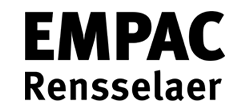
UNDO Team
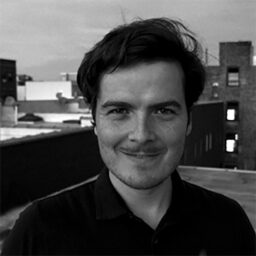
Christopher Allen
Executive Artistic Director
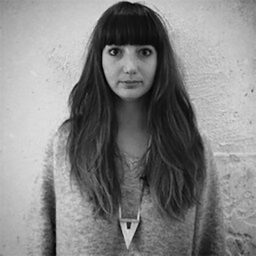
Jenny Miller
Co-Artistic Director
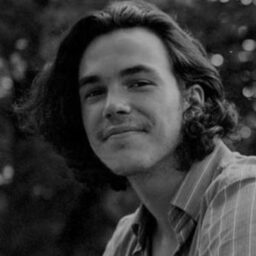
Juan Pedro Agurcia
Online Producer
